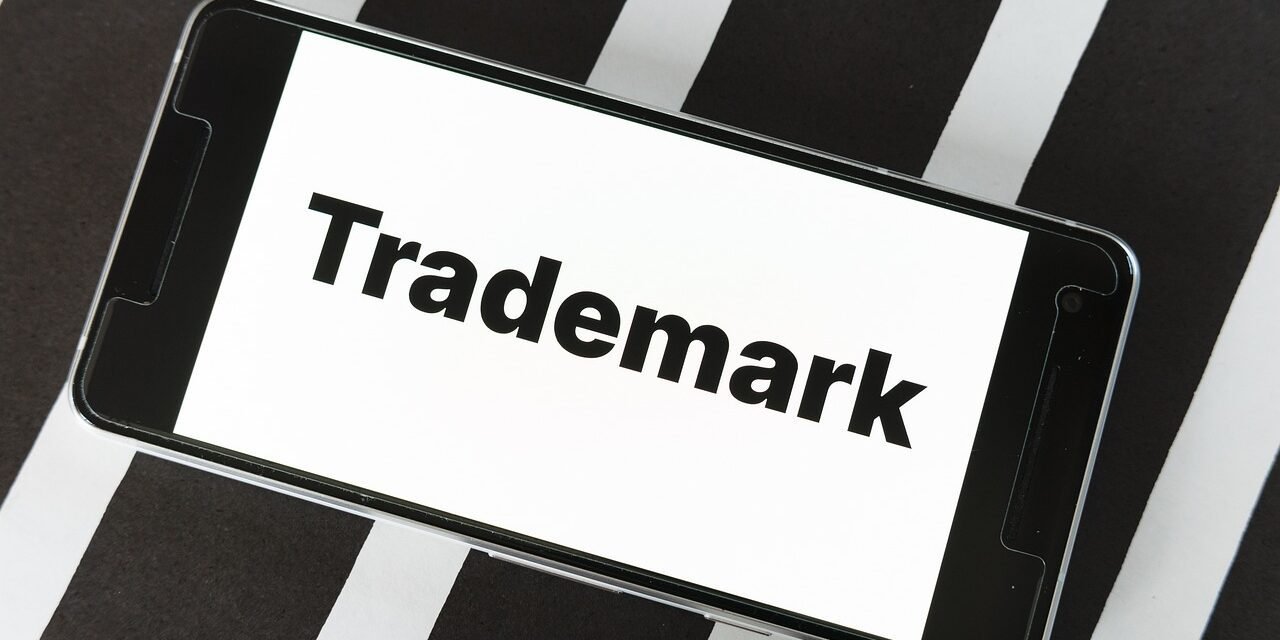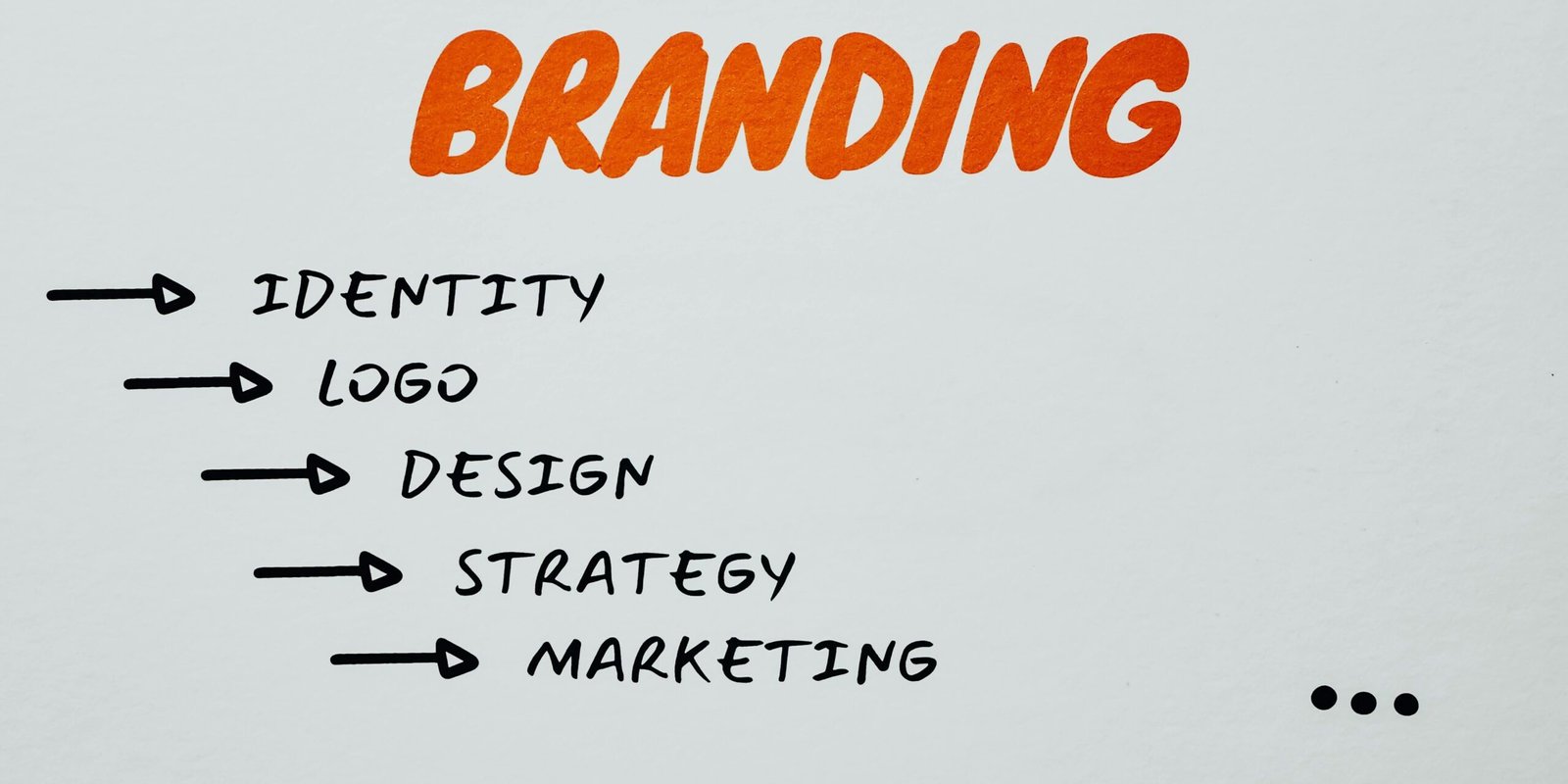What Not to Say in an HR Investigation
HR investigations are a critical part of maintaining a healthy and productive work environment. They are conducted to address issues such as harassment, discrimination, misconduct, and other violations of company policies. During these investigations, what you say can have a significant impact on the outcome. Here’s a guide on what not to say in an HR investigation to ensure you handle the process appropriately.
-
Denying involvement without providing context
One of the most common mistakes employees make during HR investigations is outright denial without providing any context. While it’s natural to want to defend yourself, simply denying involvement without offering an explanation can make you appear uncooperative. Instead, provide any relevant information or context that could help clarify the situation.
Example:
“I wasn’t involved in the incident, but I can provide you with additional information that might help you understand the situation better.”
-
Blaming others without evidence
Blaming others without evidence is another mistake that can undermine your credibility during an HR investigation. While it’s essential to provide your perspective, baseless accusations can damage your reputation and make it harder for investigators to get to the truth. Stick to the facts and avoid pointing fingers unless you have concrete evidence to support your claims.
Example:
“I understand that you’re looking into the matter, but I don’t have any evidence to support the claims against my colleague.”
-
Lying or providing misleading information
Perhaps the most significant mistake you can make during an HR investigation is lying or providing misleading information. Not only is this unethical, but it can also have severe consequences, including termination of employment. Always be honest and transparent during an investigation, even if you’re concerned about the potential repercussions.
Example:
“I’m sorry, but I can’t provide any information on that as I wasn’t present during the incident.”
-
Violating confidentiality
Confidentiality is crucial during HR investigations to protect the privacy of all parties involved. Sharing details of the investigation with colleagues or discussing it on social media can compromise the integrity of the process and lead to further complications. Always respect the confidentiality of the investigation and refrain from discussing it with anyone not directly involved.
Example:
“I understand the importance of confidentiality, and I assure you that I won’t discuss the investigation with anyone else.”
How to Respond During an HR Investigation
Now that we’ve covered what not to say let’s discuss how you should respond during an HR investigation.
- Be honest and transparent: Always tell the truth and provide as much information as you can to help the investigators understand the situation better.
- Stick to the facts: Avoid speculation or assumptions and focus on providing factual information based on your knowledge and experience.
- Be respectful and professional: Maintain a professional demeanour during the investigation, and avoid becoming defensive or confrontational, even if you disagree with the allegations.
- Ask for clarification if needed: If you’re unsure about a question or don’t understand something, don’t hesitate to ask for clarification. It’s essential to ensure that you fully understand the nature of the investigation and what is expected of you.
Conclusion
HR investigations are a necessary part of maintaining a safe and respectful work environment. By avoiding the common mistakes outlined in this article and following the guidelines for appropriate conduct during an investigation, you can help ensure that the process is fair and thorough.
FAQs
- Can I refuse to participate in an HR investigation?
- While you can’t be forced to participate, refusing to cooperate could be considered insubordination and may result in disciplinary action, including termination of employment.
- What should I do if I’m accused of something I didn’t do?
- Provide your side of the story and any evidence you have to support your claims. It’s essential to remain calm and professional throughout the investigation process.
- How long do HR investigations usually take?
- The duration of an HR investigation can vary depending on the complexity of the case and the number of people involved. In some cases, investigations can be resolved quickly, while others may take several weeks or even months.
- Will I be informed of the outcome of the investigation?
- In most cases, yes. Employers are usually required to inform both the accuser and the accused of the outcome of the investigation and any actions taken as a result.
- What should I do if I believe an HR investigation is unfair?
- If you believe an HR investigation is unfair, you have the right to raise your concerns with HR or a higher authority within the company. You may also want to seek legal advice if you believe your rights have been violated.
- 544 views





